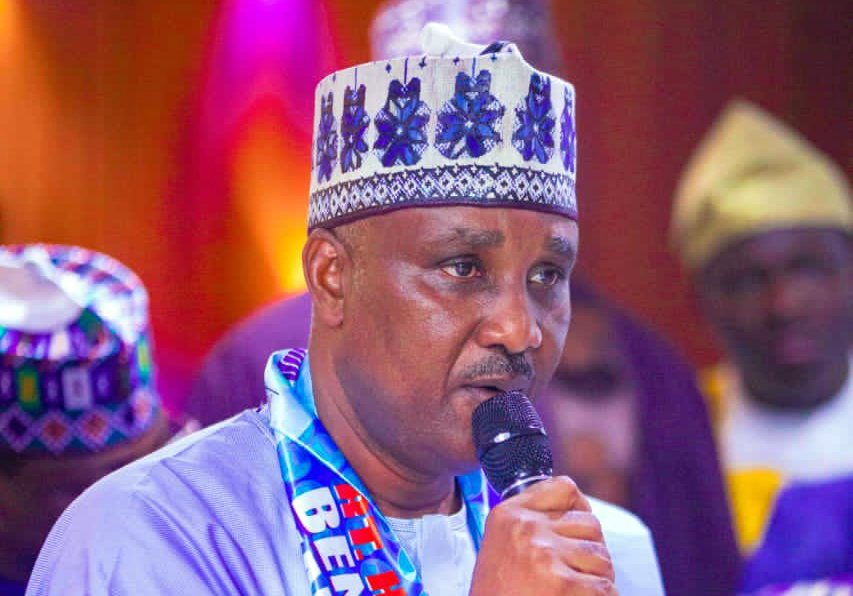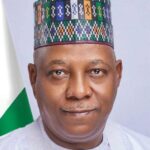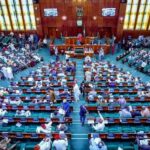By Jonathan Lois
Speaker of the House of Representatives, Tajudeen Abbas, on Thursday called for relevant tax reform to boost Nigeria’s economy.
He said this was important given the wide range of fiscal policy challenges confronting Nigeria, “which the 10th National Assembly must address expeditiously.”
Speaker Abbas recalled that the over-dependence on the oil sector, which contributes the largest share of government revenue, had been at the forefront of reforms by previous governments.
“Progress towards economic diversification has been slow, and our economy remains vulnerable to global oil price fluctuations,” he said.
The Speaker also recalled that in the past, these vacillations and slow revenue growth had resulted in budgetary shortfalls and the attendant economic and social implications.
He noted that the gap between the Federal Government’s revenue and expenses had grown four times larger, between 2015 and 2021.
He said in 2023, for instance, the expected budget deficit was over N10 trillion, which is mainly being funded through borrowing.
“Although our debt-to-Gross Domestic Products (GDP) ratio remains relatively low compared to many countries, the proportion of revenue spent on debt servicing is high, which can constrain the fiscal space for other developmental needs.
“Other challenges include inefficient tax collection, as attested to by our low tax-to-GDP ratios. Only a few weeks ago, the Chairman of the Presidential Committee on Fiscal Policy and Tax Reforms, Mr. Taiwo Oyedele, disclosed that Nigeria loses about N20 trillion (about $26 billion) annually due to gaps existing within its tax system, including evasion, inefficiencies in collection modes, weak enforcement, and a large informal sector that remains outside the tax net.
“Another factor that has negatively impacted the efficiency of our tax system is the multiplicity and duplication of taxes. Suffice it to say that we have made significant progress in improving our World Bank Ease of Doing Business Ranking.
“For instance, in 2020, Nigeria was ranked 131st out of 190 in 2019 as against 145th out of 190 in 2019. This resulted from legislative and executive measures adopted by the government to improve the business environment in Nigeria”, he stated.



